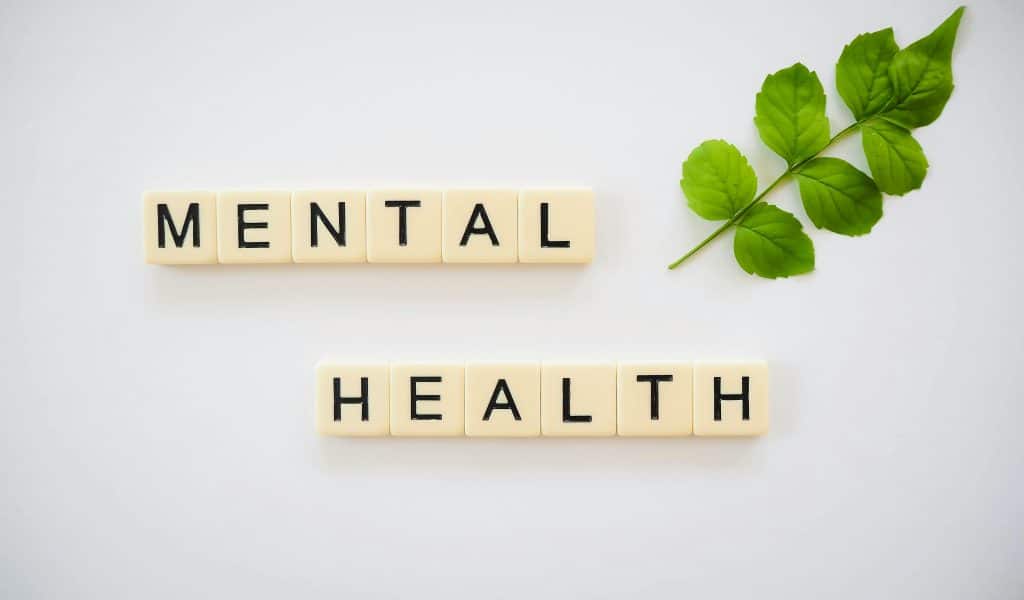In a world where “hustle culture” glorifies long work hours and constant connectivity, the idea of taking a mental health day often feels like a guilty indulgence. However, research and workplace trends are proving otherwise. Mental health days are no longer seen as an excuse for laziness but as a proactive strategy for preserving productivity, creativity, and overall job satisfaction. In fact, taking mental health days increases long-term productivity—a reality that employers and professionals are beginning to acknowledge.

The Rising Importance of Mental Health Days
According to a 2022 survey by the American Psychological Association (APA), 81% of workers reported that employers’ support for mental health will be an important consideration when they look for future work opportunities . Companies that ignore mental health are facing higher turnover, lower morale, and declining productivity.
Simultaneously, global conversations about burnout, workplace stress, and the hidden costs of overworking have gained momentum. Burnout is now officially recognized by the World Health Organization as an “occupational phenomenon” characterized by emotional exhaustion, cynicism, and reduced professional efficacy.
Mental health days, once a taboo subject, are emerging as a practical solution to combat these issues before they escalate into chronic absenteeism or resignation.
How Mental Health Days Directly Improve Productivity
Taking a mental health day isn’t about avoiding work—it’s about recalibrating mental energy so that work can be done more effectively. Here’s how it directly impacts long-term productivity:
1. Interrupts the Cycle of Burnout
Chronic stress leads to mental fatigue, which diminishes focus and problem-solving abilities. Mental health days allow professionals to disconnect, reducing cortisol levels and breaking the vicious cycle of stress buildup.
2. Boosts Cognitive Performance
Rest is essential for cognitive functioning. Downtime improves memory consolidation, creative thinking, and the ability to absorb new information. Mental health days act as a cognitive reset, enhancing clarity and decision-making upon return to work.
3. Enhances Emotional Regulation
Continuous exposure to stress drains emotional reserves, making minor setbacks feel overwhelming. A mental health day helps recharge emotional resilience, which is crucial for maintaining professionalism and team collaboration.
4. Promotes Preventative Self-Care
Instead of waiting until stress becomes unmanageable, mental health days encourage a preventative approach. By addressing mental fatigue early, professionals can sustain high performance levels over the long haul.
Current Workplace Trends Supporting Mental Health Days
Forward-thinking companies are embedding mental health initiatives into their workplace culture. Here are some trends:
- Unlimited PTO (Paid Time Off) Policies: Companies like Netflix and LinkedIn have adopted flexible leave policies, trusting employees to take time off as needed, including for mental health.
- No-Meeting Mental Health Days: Organizations are designating specific days where no meetings are scheduled, giving employees space to catch up or decompress.
- Mental Health Stipends: Some companies offer financial stipends for wellness activities, including therapy, mindfulness apps, or fitness programs.
- Mandatory Mental Health Breaks: In certain high-stress industries, structured mental health breaks are becoming part of employee contracts.
Practical Guide: How to Take a Mental Health Day Without Guilt
For many, the challenge isn’t understanding the benefits—it’s knowing how to actually take a mental health day without feeling unprofessional. Here’s a simple guide:
1. Recognize the Warning Signs
If you’re feeling persistently exhausted, irritable, unfocused, or overwhelmed, it’s a signal that your productivity is already suffering. Early intervention is key.
2. Plan Ahead When Possible
If your workload allows, schedule your mental health day in advance. Communicate with your team, delegate urgent tasks, and set up clear out-of-office notifications.
3. Communicate Transparently (to Your Comfort Level)
You don’t have to overshare, but normalizing mental health days begins with honesty. A simple “I’m taking a personal day to recharge” sets a healthy precedent.
4. Avoid Work Guilt Traps
Resist the urge to check emails or “just get a few things done.” The entire point is to unplug and give your brain true rest.
5. Engage in Restorative Activities
Use the day for activities that replenish you—whether it’s nature walks, reading, meditation, or simply doing nothing. The goal is to allow your mind to recover from work-induced stress.
The Long-Term ROI of Mental Health Days
While it might seem counterintuitive, time off for mental health can significantly improve a company’s bottom line. Studies from the World Economic Forum estimate that mental health issues cost the global economy $1 trillion annually in lost productivity.
Organizations that encourage proactive mental health practices see:
- Lower absenteeism rates
- Improved employee engagement
- Higher retention rates
- Increased innovation and creative problem-solving
The individual ROI is equally compelling. Employees who take regular mental health days report feeling more motivated, creative, and satisfied with their work.
Conclusion
Taking a mental health day is not a sign of weakness or poor work ethic. It’s a strategic decision that supports long-term productivity, emotional well-being, and career longevity. As workplace cultures evolve, taking mental health days increases long-term productivity—an investment in both personal well-being and professional success.
References:
- Harvard Business Review – “Mental Health Is a Business Imperative”
https://hbr.org/2021/10/mental-health-is-a-business-imperative - Forbes – “Why Mental Health Days Are Essential For Employee Productivity”
https://www.forbes.com/sites/bryanrobinson/2023/03/05/why-mental-health-days-are-essential-for-employee-productivity - World Health Organization (WHO) – “Mental health in the workplace”
https://www.who.int/news-room/fact-sheets/detail/mental-health-in-the-workplace









